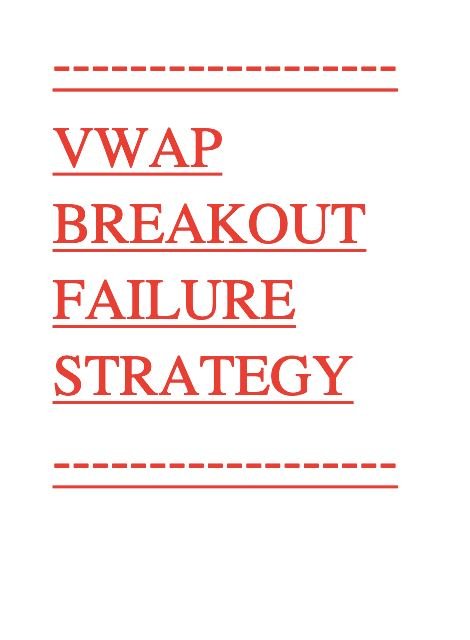
Solar Politics
Private Book Reader
Upload and read your personal PDF books in our secure reader
Read Your Private BookShort Audio Book Summary
Solar Politics Summary
0:00 / 0:00Reviews
No review yet. Be the first to review this book!
Description
"Solar Politics" could be the title of a book exploring the intersection of solar energy and politics. Here's a speculative overview of what such a book might encompass: 1. Introduction to Solar Energy: The book could begin with an overview of solar energy, including its history, technological advancements, and potential as a renewable energy source. 2. Political Economy of Solar Energy: There might be a discussion of the political and economic forces shaping the development and deployment of solar energy technologies. This could include analysis of government policies, subsidies, regulations, and market dynamics. 3. Geopolitics of Solar Energy: The book could examine the geopolitical implications of solar energy, including competition over access to solar resources, energy security considerations, and the potential for shifting power dynamics in the global energy landscape. 4. Environmental Politics and Solar Energy: There might be a focus on the environmental benefits and challenges associated with solar energy deployment, including discussions of climate change mitigation, air pollution reduction, land use conflicts, and wildlife conservation. 5. Social Equity and Solar Energy: The book could explore issues of social equity and justice in the context of solar energy adoption, including questions of access to clean energy technologies, energy affordability, and the distribution of economic benefits and burdens. 6. Technological Innovation and Policy: There might be analysis of the role of government policies, research and development initiatives, and public-private partnerships in driving technological innovation and cost reductions in the solar energy sector. 7. Advocacy and Activism: The book could highlight the role of advocacy groups, grassroots movements, and political campaigns in promoting solar energy policies and challenging vested interests in the fossil fuel industry. 8. Case Studies and Examples: There might be case studies examining different countries' approaches to solar energy policy and politics, as well as examples of successful or unsuccessful initiatives at the local, national, and international levels. 9. Future Prospects and Challenges: The book could conclude with reflections on the future of solar energy politics, including potential obstacles to widespread adoption, emerging opportunities for innovation, and the role of political leadership in driving the transition to a solar-powered future. Overall, "Solar Politics" would likely offer a comprehensive examination of the political dimensions of solar energy, addressing a range of issues from policy formulation and implementation to broader questions of sustainability, justice, and power.
































.jpg)

.jpg)





.png)





.jpeg)

.jpg)

.jpg)

.jpeg)



.jpg)








.jpeg)


.jpg)


.jpg)




.jpeg)












.jpeg)


.jpg)





























